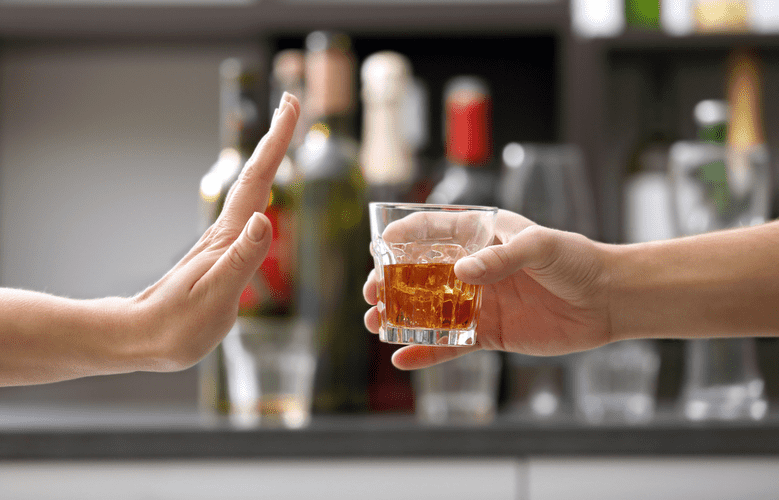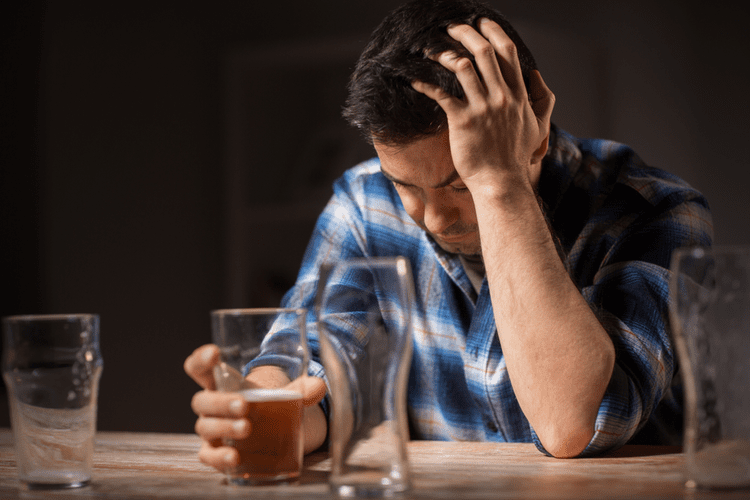The Role of Uncontrollable Trauma in the Development of PTSD and Alcohol Addiction PMC
Analysis of this recognition memory task was outside the scope of this manuscript focussing on recall and is therefore not reported. The free recall task always came before the serial recall task, to reduce influence of any memory strategy or heuristic employed in the serial recall task being applied to the free recall task. Presentation order of the two blocks was sequentially changed between participants, and also within participants when on returning visits (MBO group). https://missouridigest.com/top-5-advantages-of-staying-in-a-sober-living-house/ The Recovery Village aims to improve the quality of life for people struggling with substance use or mental health disorder with fact-based content about the nature of behavioral health conditions, treatment options and their related outcomes. We publish material that is researched, cited, edited and reviewed by licensed medical professionals. The information we provide is not intended to be a substitute for professional medical advice, diagnosis or treatment.
Associated Data
One way to put it is if you have ever been driving and your minds goes somewhere else and you notice that you were driving on autopilot. Yes, you can act normal during the dissociation, but not everyone acts the same. Long term dissociation should be treated by psychologist or therapist that is trained in ptsd. I read a few books on ptsd and that helped me understand what was happening to me because at times it makes you feel like you are loosing your mind…
Analysis plan
- And from there, we can help you with recovery from residential alcohol treatment to ongoing, outpatient support.
- Finally, although the analytic models address temporal relationships, they do not provide a basis for causal inference.
- For about 8 percent of the population, however, the consequences of experiencing trauma do not abate and may indeed get worse with time (Breslau et al. 1991; Kessler et al. 1995).
Psychiatrist and addiction specialist David Streem, MD, discusses how alcohol and substance use aren’t the only pathways to memory loss and shares what’s really happening when you’re blacked out. The behavioral and physiological similarities between learned helplessness in animals and patients with PTSD suggest that learned helplessness is a good model to understand PTSD (see Foa et al. 1992 for a review). If you’ve decided to take a break from drinking, it’s wise to adapt your social activities accordingly.

Eyewitness memory is delicate
To be clear, when we discuss an after-MBO effect, or a blackout effect, we are referring to any statistical difference between sober (before-alcohol) and after-MBO conditions. We used Bonferroni corrected paired t-tests, reporting Bonferroni adjusted p values, to compare the within-group means for the MBO group. In addition, in the serial recall task we further investigated sequence length (recalling 2 or more words in the correct order). Many people with post traumatic stress disorder (PTSD) experience blackouts, among other symptoms.
The morning after the night before: Alcohol-induced blackouts impair next day recall in sober young adults
Consistency is key, so aim to go to bed and wake up at the same times each day. This commitment to a regular sleep schedule not only helps re-establish healthy sleep patterns but also communicates to yourself Sober House that you are a priority. At PTSD UK, we are excited to join forces with SoberBuzz to extend our support to people dealing with PTSD or C-PTSD who are seeking to take control of their alcohol consumption.


It is among the first studies to examine the effects of trauma cues and stress (non-trauma) cues on alcohol craving, mood, physiological and neuroendocrine responses, and demonstrates the powerful effects of trauma cues on alcohol craving and consumption. Together, the six papers included in this virtual issue raise important considerations for future research and may help to inform best practices in the treatment of comorbid AUD and PTSD. To begin, two systematic reviews discuss the current state of behavioral (Simpson et al., 2017) and pharmacological (Petrakis & Simpson, 2017) treatments for comorbid AUD/PTSD.
- The rats’ alcohol consumption did not increase on the days that they experienced the shocks, however, but did increase 1 day later.
- Allowing for these lagged effects to be random extends previous work and allows for individual-level within-person lagged effects.
- The total number of problems endorsed across all assessments was the conduct problems outcome.
- Long term dissociation should be treated by psychologist or therapist that is trained in ptsd.


